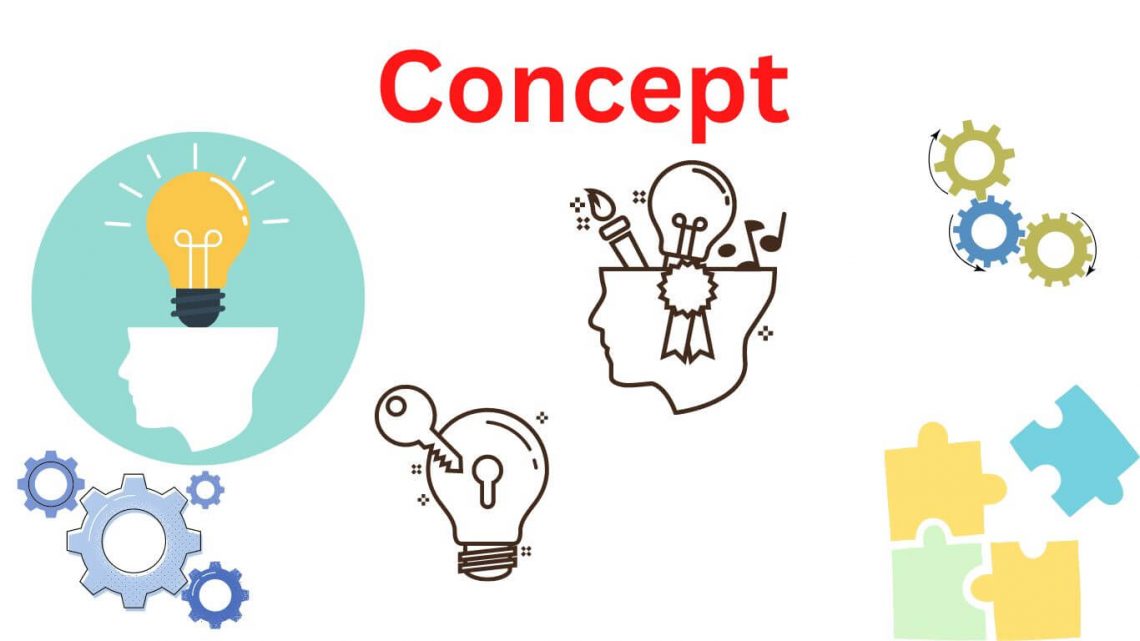The concept of race in anthropology is a complex and multifaceted subject that has evolved significantly over time. This evolution reflects broader shifts in scientific understanding, sociocultural dynamics, and ideological frameworks. In recent decades, especially in the context of cultural relativism, race has emerged not merely as a biological classification but as a socially constructed identity fraught with historical significance and political implications. This article delineates the origins, transformations, and contemporary debates surrounding the concept of race, enriching our comprehension of identity from a cultural relativistic perspective.
Historically, the classification of human beings into racial categories can be traced back to the Enlightenment period, when intellectual inquiry sought to categorize the natural world. Early anthropologists, influenced by a burgeoning interest in natural history, endeavored to categorize humanity as they would species in zoology. The work of anthropologists such as Johann Friedrich Blumenbach popularized a typology that divided people based on superficial physical characteristics, establishing a foundation for racial discourse that has persisted, albeit modified, into the modern era.
As the implications of such classifications became apparent, the intersection of race and power emerged as a central theme in anthropological discourse. During the colonial period, the classifications were often weaponized to justify imperialism; purported racial superiority legitimized the subjugation of non-Western peoples. As a consequence, the construct of race became inextricably linked to systems of oppression, a notion vehemently critiqued by contemporary scholars who assert that these classifications serve to entrench social hierarchies rather than reflect inherent differences.
In the 20th century, the prevailing view shifted as advances in genetics illuminated the biological fallacy underpinning racial categorizations. The Human Genome Project, which demonstrated that all humans share a staggering 99.9% of their DNA, rendered traditional notions of race scientifically untenable. Race began to be understood as a social construct, a narrative shaped by cultural, historical, and political forces rather than an immutable biological truth. This recognition laid the groundwork for the anthropological critique of race, emphasizing its role as a societal mechanism to organize human difference.
Cultural relativism, as a methodological and philosophical stance, plays a critical role in this discourse. By advocating for the understanding of cultural practices and beliefs within their own context, cultural relativism challenges ethnocentric perspectives that have historically dominated race discussions. It posits that all cultures must be examined through their unique lenses, thus fostering a deeper comprehension of how racial identities are constructed within specific sociocultural frameworks. Rather than stripping away the significance of race, cultural relativism urges a nuanced engagement with how individuals negotiate their identities within the parameters defined by race.
Moreover, the contemporary anthropological landscape grapples with the implications of globalization and migration, which have transformed traditional notions of identity. As societies become increasingly multicultural and hybridized, the fluidity of racial identities emerges as a salient theme. Individuals no longer fit neatly within predefined categories; instead, they navigate a mosaic of identities shaped by their personal histories, social contexts, and cultural affiliations. This dynamic underscores the inadequacy of static racial classifications and the necessity of an anthropological approach that embraces complexity.
The debates surrounding race and identity extend into political and ethical realms. Issues of representation, equity, and social justice continually inform anthropologists’ responses to race. Scholars are thus positioned to interrogate the power dynamics inherent in racial discourses and advocate for marginalized voices. This engagement is particularly urgent within contemporary societies grappling with racial tensions and disparities. Anthropologists are uniquely equipped to illuminate the interconnectedness of race and identity, offering insights grounded in lived experience and cultural context.
It is imperative to acknowledge the role of intersectionality in understanding race as a facet of identity. Gender, class, sexuality, and other social markers intersect with racial identities to create a complex web of experience. This interconnectedness is crucial for comprehending the nuances of identity formation and for addressing the disparities existing within and across communities. For instance, the experiences of a Black woman cannot be adequately understood by examining race in isolation from gender; rather, the interplay between these identities shapes her encounters with societal structures.
In conclusion, the concept of race in anthropology is a rich and evolving dialogue that enfolds historical, biological, sociocultural, and political dimensions. The shift from rigid biological categorizations to a nuanced understanding of race as a social construct reflects deeper societal transformations and underscores the importance of cultural relativism in anthropological inquiry. As scholars continue to explore the complexities of race and identity, they are called not only to analyze but also to confront the consequences of these constructs in contemporary society. The journey towards a deeper understanding of race necessitates critical engagement with its implications, prompting ongoing dialogue and action in pursuit of equity and justice.
